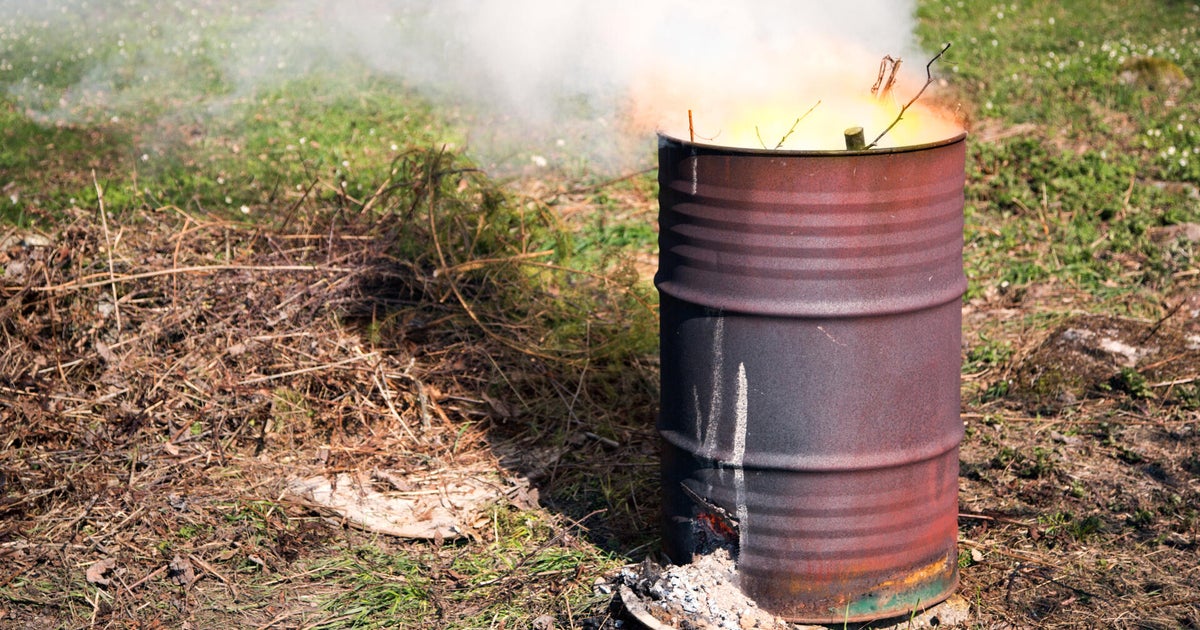America's Changing View On "Growing Old"
MIAMI (CBS4) - When we talk about aging, it's often in negative terms such as losing one's looks or dying alone.
But as America's elderly population increases the notion of aging is changing. A Miami psychiatrist learned this when he asked his patients to share their stories about growing old. To hear Marilyn Goldaber and Mac Seligman tell it, their golden years have been something to treasure.
"Well you're sitting next to the luckiest man in the world," chimed Seligman.
"You're sitting next to the luckiest woman. You know that we say that to each other every day," said Goldaber.
She's 82 and he's 92 and they recently got married. Mac was a bomber pilot in World War II, a journalist and the he worked as a marketing executive. In her lifetime, Marilyn was a school teacher, social worker, mother and grandmother. Both were widowed when they found each other.
"This year the first baby boomers are turning 65. So just imagine the creativity and the energy baby boomers are going to bring to late life," said Miami psychiatrist Marc Agronin.
Marilyn and Mac are just two people featured in a new book called "How We Age" written by Agronin.
"The book really grew from my experiences working as the psychiatrist for the Miami Jewish Health Care system over the last 11 years," said Agronin who feels that Americans have routinely and incorrectly looked at aging in negative terms.
"We tend to focus more on declining and slowing with age, eventual death. And what I learned is it's a very narrow focus and it's only half the story."
Mac admits aging isn't always easy.
"The biggest downside I would say is that I keep forgetting things. Tell me something and five minutes later ask me about it and I won't remember."
Marilyn believes women face different obstacles with aging, "Watching your whole persona, which is to us how we look, disintegrate."
Despite the downsides, Agronin theorizes that our nation is undergoing a revolution in terms of what it means to grow old.
"The same passions, the same desires that we had when we were in our 20s, 30s and 40s, people will still have in their 80s and 90s. Wanting to still be independent, wanting to still engage in activities they did earlier in life. I also found that older people tend to focus more on the positive," said Agronin.
For Marilyn and Mac they look forward to what's ahead having relished a life well lived.
"Concentrate on or think about memories that are worthy of memory," Seligman advised.
"Make the best of it. Be interested in everything you can be," added Goldaber.
Agronin said aging is more than an inevitable decline that it can also be a period of vitality, wisdom, creativity and ultimately hope.







